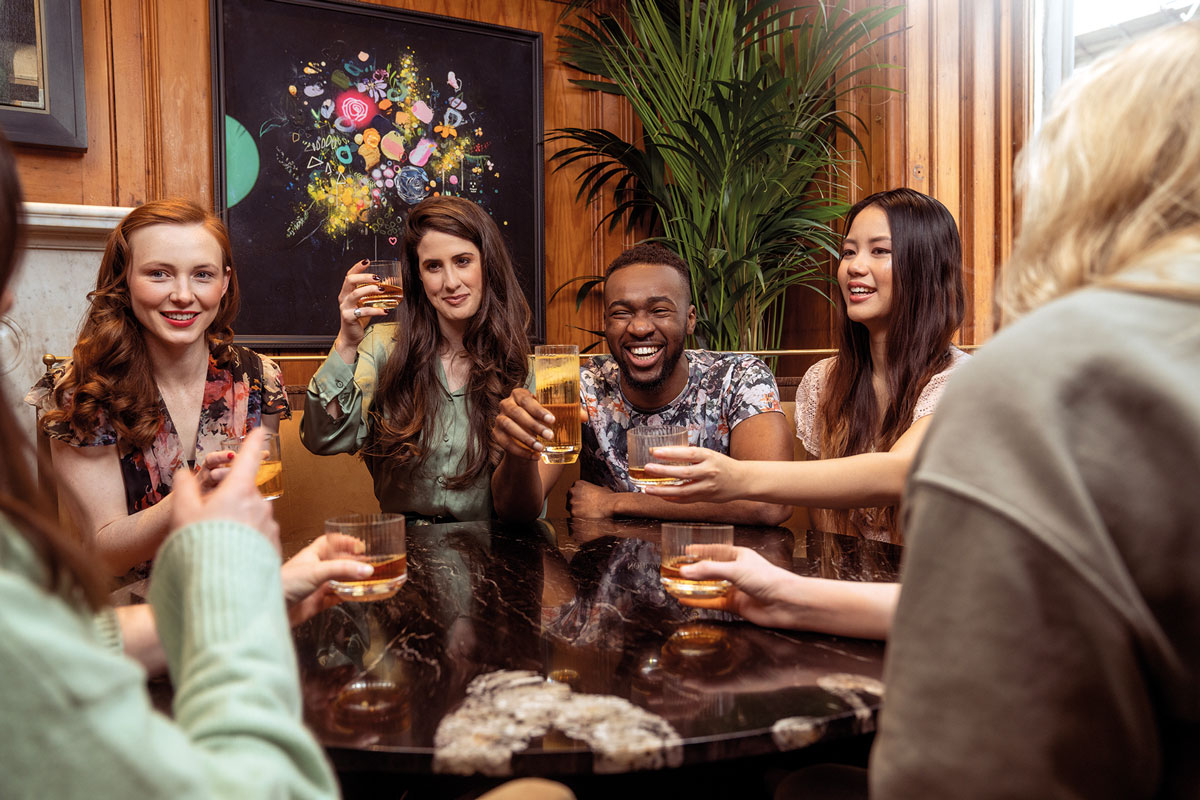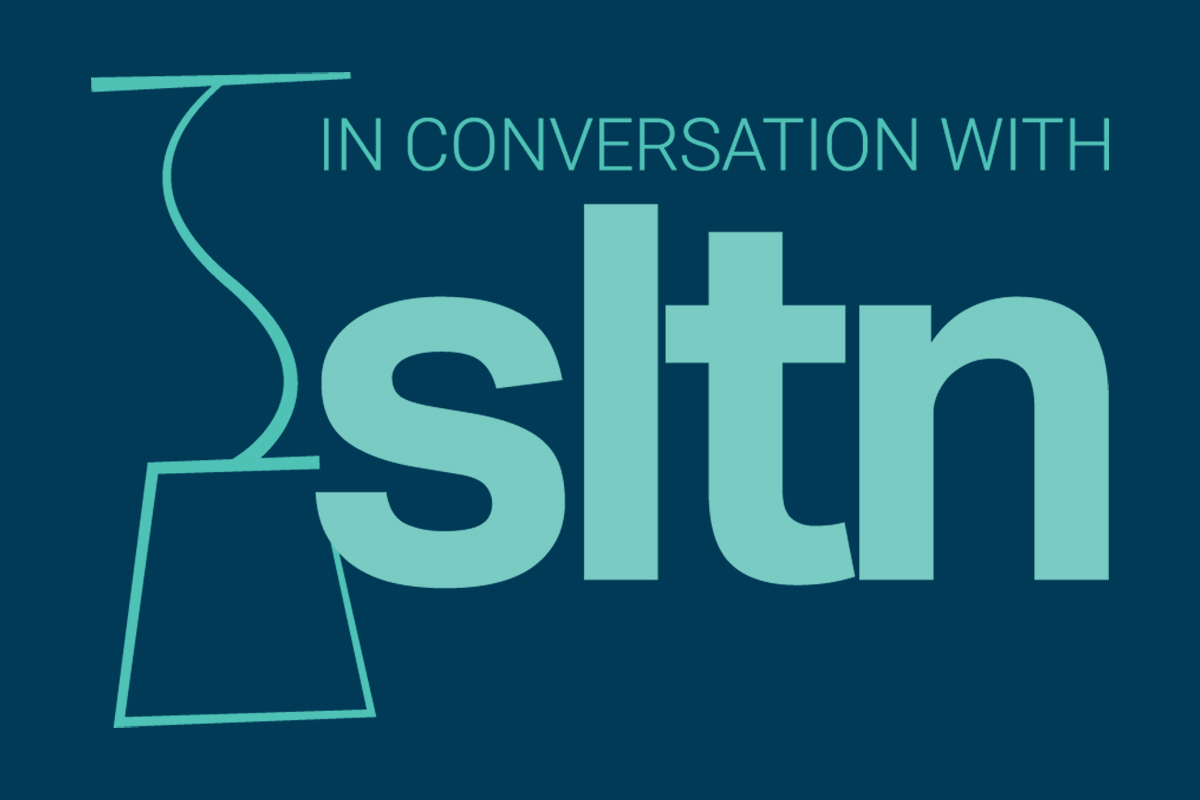
An effort to be more inclusive could help attract staff and customers alike
Diversity and inclusivity are words and topics on a lot of people’s minds in 2023, but what do they mean in the context of hospitality? And what can operators and their teams do to make their venues feel more inclusive to a broader range of people – both as staff and customers?
With SLTN preparing to host an event on the subject of Inclusivity in Whisky, we sat down with sponsors Master of Malt Trade and The Drink Cabinet to discuss the topic of inclusivity in the wider hospitality sector, and the ways it can ultimately impact on a business’s bottom line.
In the wide-ranging conversation Lauren Stewart, director of The Drink Cabinet, and Josh McCartney, marketing manager of Master of Malt Trade, discussed topics including making the industry a more attractive place to work for women and minority groups.
“More opinions and voices from more backgrounds create a better conversation about any topic,” said Lauren, with Josh adding that a more diverse staff ‘creates a better bar team’.
And in terms of making venues more welcoming to LGBTQIA+ staff and clientele, in particular, progress is already being made, with Josh pointing to the number of venues in Glasgow that have introduced gender-neutral toilets.
“It’s been amazing to see it,” he said. “To the point where it’s probably more common than not in Glasgow, especially for any place opening up.”
Lauren pointed to city bar Delmonicas as an example, with its ‘standing up, sitting down’ toilets signage.
“Brilliant,” she said. “Obviously it’s a gay bar so it’s maybe different. But that’s a way that, maybe, some pubs that already exist can do it. You don’t have to change your infrastructure.
“(Operators) might be so afraid of the gender-neutrality conversation and how to do it, but it can be as simple as ‘standing up. Sitting down’. You’ve done it.”
The conversation doesn’t begin and end with toilets, of course, and there are plenty of other things businesses could be considering to make themselves more attractive to potential recruits.
In hospitality, comparisons with London are inevitable, and Lauren said that the UK capital is ‘way more diverse in terms of high-level management decision makers than up here’.
“But I also think it’s down to access and encouraging people into the industry, making it a viable career choice,” she said.
“And there are things that could be better, so talking about a living wage, talking about working hours that might allow you to have a family. All these things are relevant in terms of people’s lives.”
Supporting staff members and being seen to take their side against difficult customers is also something that can help to make the sector more appealing to new people, according to Josh.
He said: “I’ve worked in a lot of places and some places, some managers, are amazing at dealing with any situations that come up like that. Some managers have been absolutely awful.
“If it’s something that turns into a situation, regardless of what that is, you should take the side of the person that’s on your team and is there at work and not asking for this to be happening.
“Don’t buy the guy a drink to calm down and appease him. Get him out.
“There’s definitely stuff like that which can be fixed to make people feel more comfortable in their own place of work.
“If any situations arise, having the back of your team is so important.”
And even when a venue has a diverse team in place, the challenge might not be over.
In their own attempt to promote diversity, drinks companies may also inadvertently be hurting diversity in bars, by snapping up talented bartenders for brand roles, said Lauren.
“I think what happens specifically in Scotland – from the female perspective, anyway – is that because there’s been a push to have female representation of brands, as soon as they get to a certain level they get snapped up by a brand.
“So you’re losing an aspirational (figure) for younger women coming in.
“They don’t have as many females to look up to at the bar management level because they’re all working for brands. The brands are taking them faster than we can promote more up.”
Diversity isn’t just about the staff behind the bar – it can be about the drinks back there, too.
Josh suggested operators and licensees could differentiate themselves by stocking drinks products from more diverse producers.
“Outwith being the socially-conscious, right thing to do to have that diversity and representation – it also makes the bars and the drinks more interesting,” he said.
“So you can have flavours from all over the world.
“You can have stories from brands that are way more interesting and that people might not have seen before, that offer a more unique drinking experience.
“So there’s loads of reasons that bring it back to the bar, outwith ‘we’ve chosen this because it’s a diverse product’.”
Ultimately, making a venue a more inclusive place to work and to visit isn’t just a moral or ethical conversation; it’s a commercial one.
Lauren said: “Now what customers want is added experience.
“They’re spending less frequently but they might be spending more when they go out, which means they want more from it.
“They want to see some sort of entertainment. They want to see live music. They want to try something new. Which means they’re not going to the same places as much as they used to. Which is fine, but it’s such a difficult place for a venue to be.
“But that could be an argument for venues to try and encourage inclusivity and diversity in the fabric of the business.”
In Conversation with SLTN: Inclusivity in Whisky will take place at Citation, Glasgow, on 4th September.
Find out more at sltn.co.uk




















